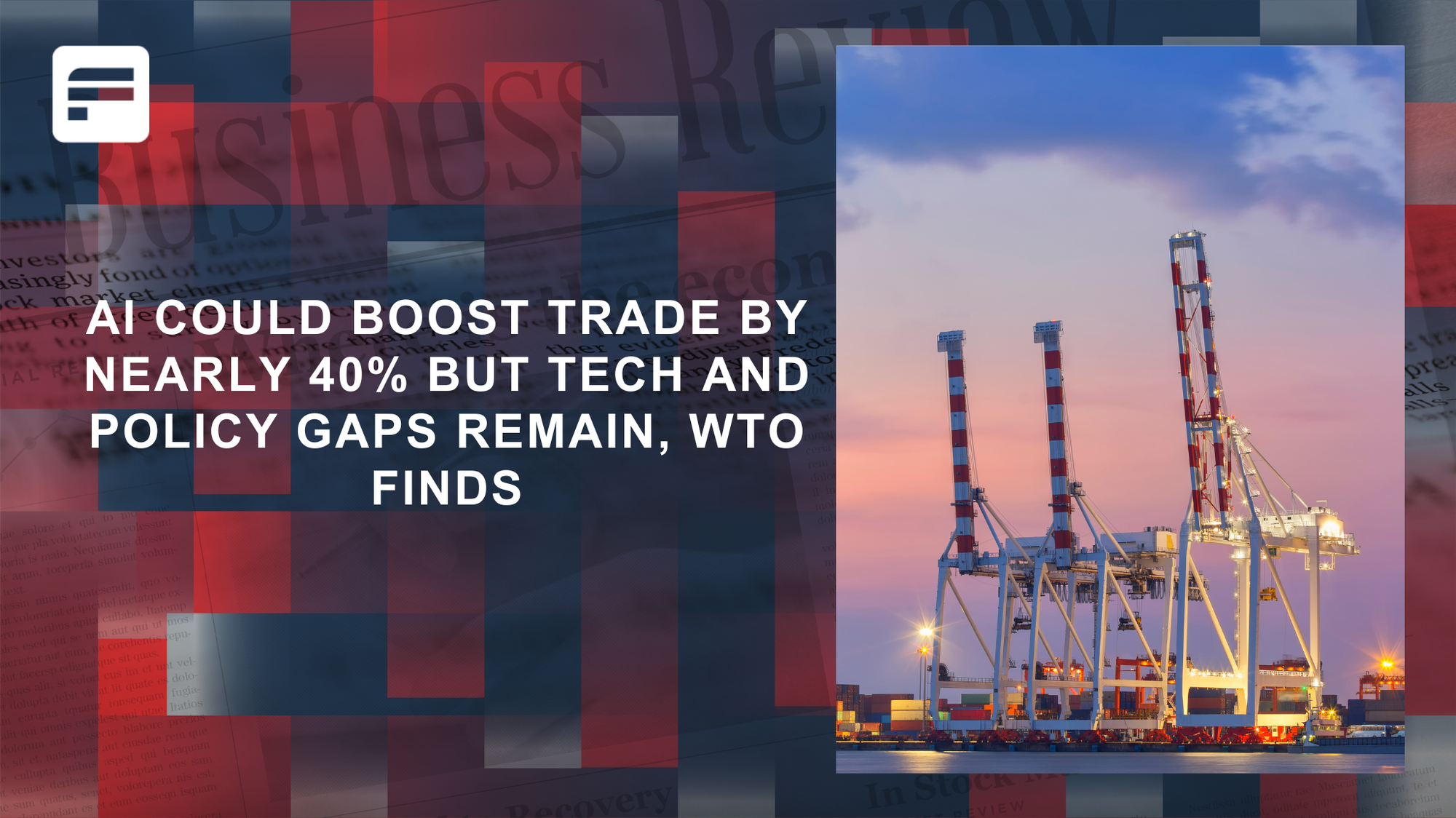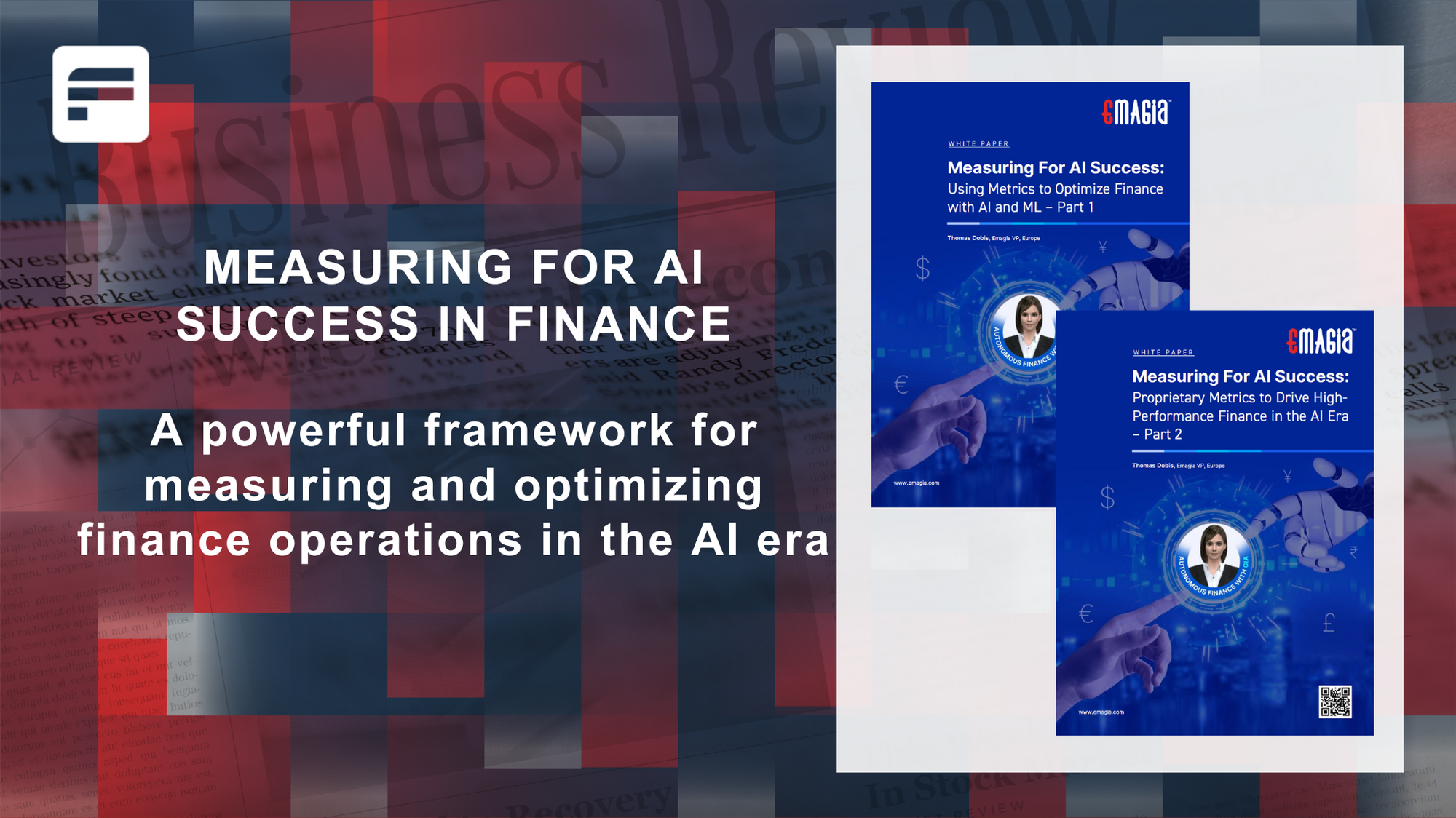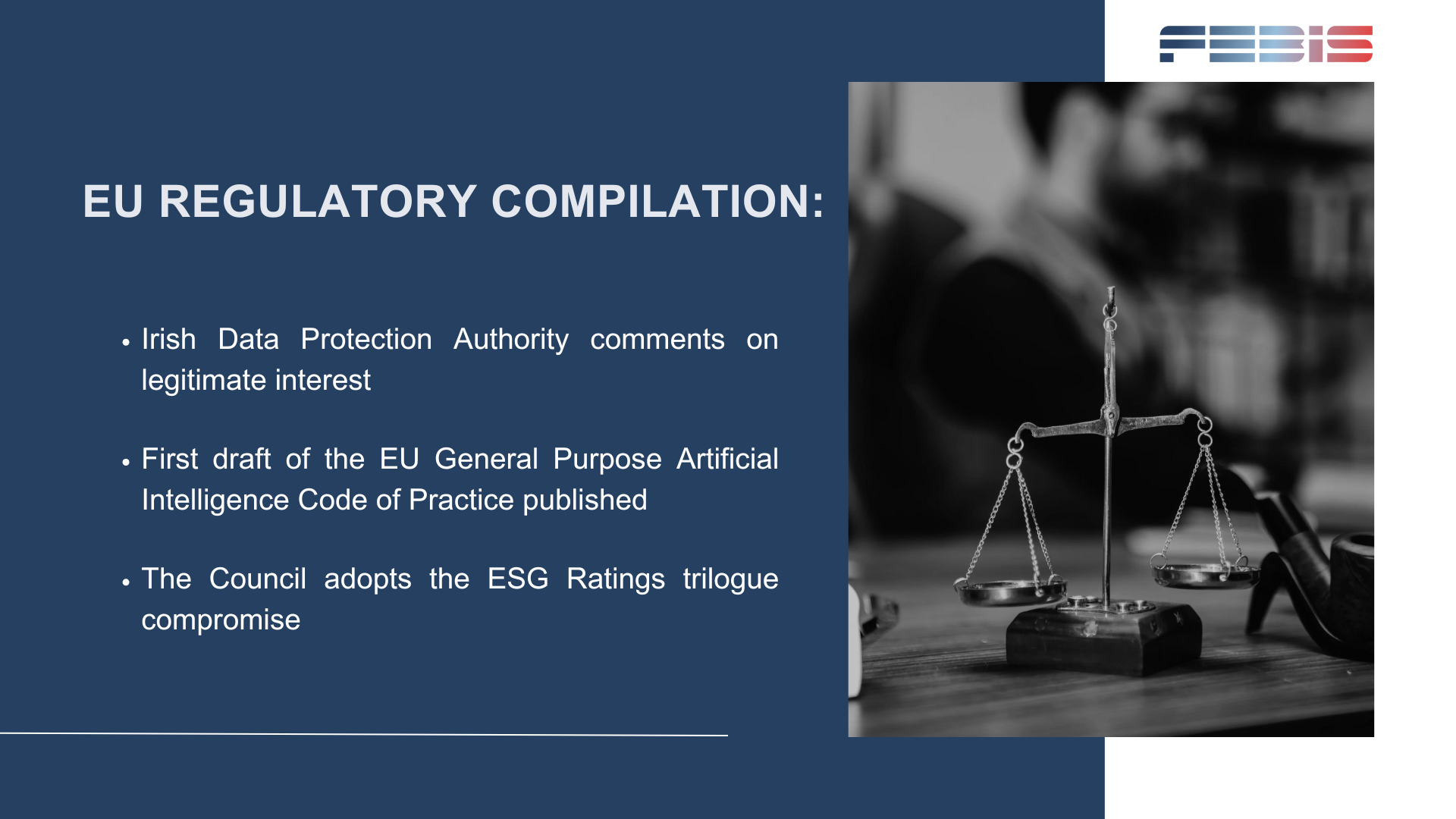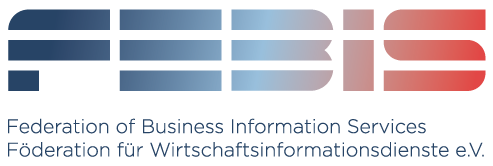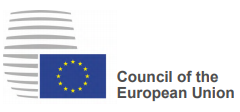- About
- Membership
- Knowledge Hub
- Economic Insights
- Innovation
- Regulatory Affairs
- Data Governance Act
- Data Act
- European Single Access Point
- Data Protection & GDPR
- Legitimate Interest
- Competitiveness Compass
- Single Market Strategy
- Open Data & Public Sector Information
- Anti-Money Laundering
- Corporate Sustainability Reporting Directive
- Trade Credit & Access to Finance
- Digital Company Law
- Corporate Due Diligence
- Open Finance
- Showcase
- Training
- Webinars
- Media
- Collaborations
- Members Login
- Board Login
- Blog
Economy · 09. October 2025
Artificial intelligence could boost the value of cross-border flows of goods and services by nearly 40% by 2040 thanks to productivity gains and lower trade costs, a report by the World Trade Organization (WTO) has found.
FEBIS · 29. September 2025
In this two-part white paper, we’ve explored the strategic imperative for finance leaders to embrace artificial intelligence—not just as a technology initiative, but as a structured, metrics-driven transformation of the entire Order-to-Cash (O2C) function.
Economy · 25. July 2025
Booming trade and economic growth mean that many of Southeast Asia’s ports face potential gridlock. Countries across the region are thus unveiling massive new investment in new ports and upgrades.
FEBIS · 05. May 2025
As artificial intelligence (AI) becomes more deeply embedded in mission-critical applications across financial services the need for advanced security mechanisms and ethical AI governance becomes paramount.
EU Newsletter · 29. November 2024
In this EU Regulatory compilation from recent weeks, you will find reference to the EDPB Guidelines on Legitimate Interest, the case of the Irish Data Protection Commission on legitimate interest, publication of the 1st draft of the EU General Purpose AI Intelligence Code of Practice as well as the adoption of the ESG Ratings trilogue compromise by the Council.
Press Releases · 26. November 2024
Policymakers, industry leaders, and experts convened at the European Parliament for the event “Enhancing EU Competitiveness Through High-Quality Business Data”, hosted by MEP Costas Mavrides in cooperation with the Federation of Business Information Services (FEBIS). The event brought to light the vital role of business data and advanced technologies in fostering innovation, combating financial crime, and strengthening Europe’s economic standing.
Members News · 04. September 2024
Stan Chang, Director Group Buyer Underwriting Atradius, talks about the role of AI in credit management
EU Newsletter · 12. July 2024
Today, Regulation (EU) 2024/1689 laying down harmonised rules on artificial intelligence (AI Act) was published in the Official Journal of the European Union.
EU Newsletter · 21. May 2024
The Council of the European Union adopted the agreement in trilogue on the proposed regulation on common rules on artificial intelligence (AI Act).
EU Newsletter · 14. March 2024
The EU Parliament approved the Artificial Intelligence Act, that aims to establish a comprehensive regulatory framework for artificial intelligence systems within the European Union.

